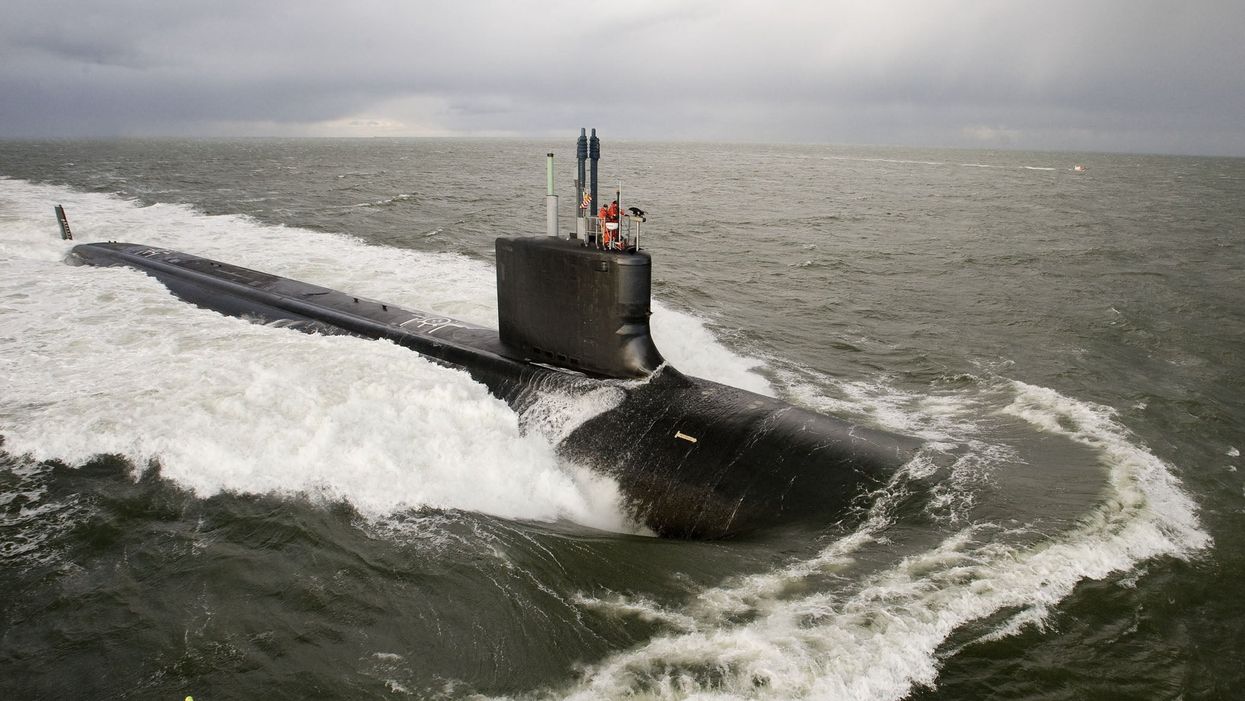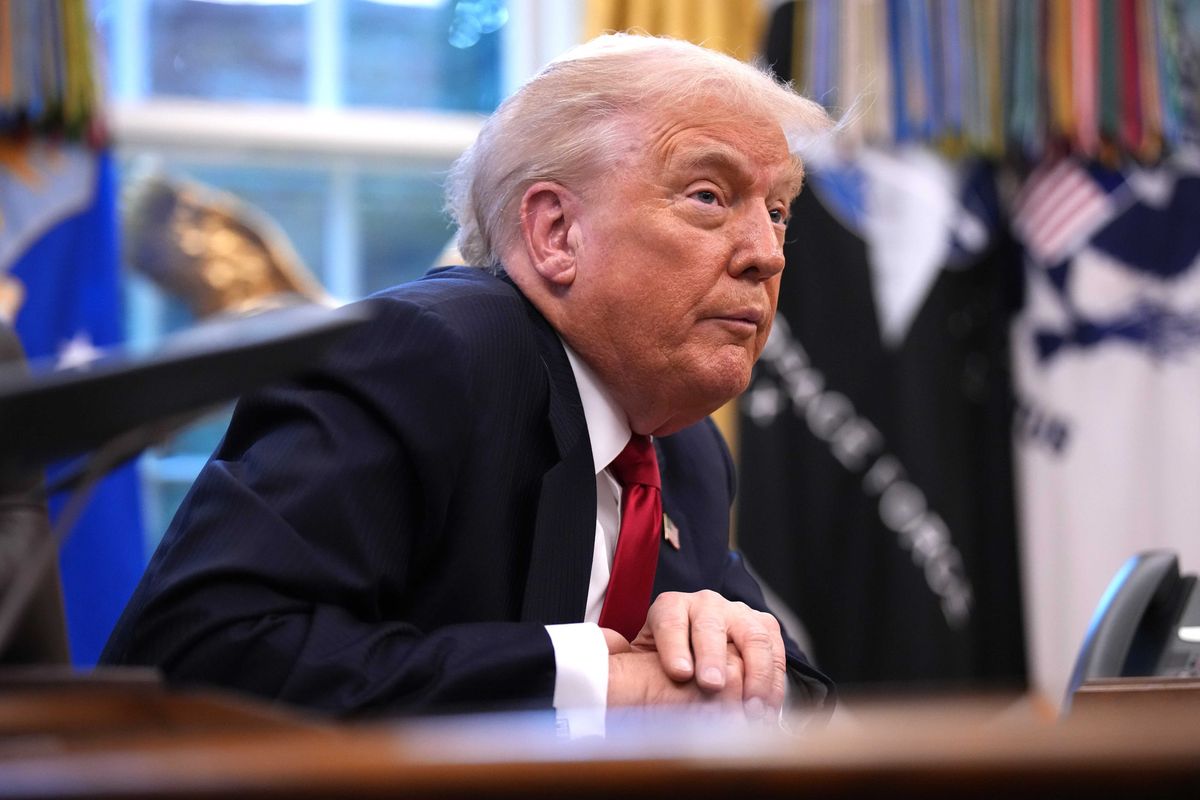
The Virginia-class attack submarine Pre-Commissioning Unit New Mexico (SSN 779) undergoes Bravo sea trials in the Atlantic Ocean
A U.S. Navy engineer and his wife have been charged with espionage-related offenses after being accused of selling secret information about nuclear submarines to an undercover FBI agent who posed as a foreign government representative.
For nearly a year, Jonathan Toebbe had been placing memory cards containing sensitive information at prearranged "dead drop" sites, it is claimed. According to the Department of Justice, the cards were concealed in a peanut butter sandwich, chewing gum packet, and a band-aid wrapper.
Jonathan and his wife Diana, a teacher, were arrested in West Virginia by the FBI on Saturday.
The FBI says that back in April 2020 was went Toebbe first sent a package of Navy documents to a foreign government and wrote that he was interested in selling information on nuclear submarine reactors.
Authorities say Toebbe also included instructions on establishing a covert relationship with a letter. “I apologize for this poor translation into your language. Please forward this letter to your military intelligence agency. I believe this information will be of great value to your nation. This is not a hoax,” his letter read, prosecutors say.
The unidentified foreign government is said to have sat on the documents before turning them over to the United States after the election in December 2020.
Thereafter, Toebbe began corresponding via encrypted email for months with an FBI agent whom he believed to be a representative of the foreign government he had reached out to. The agent agreed to pay $100,000 in cryptocurrency in exchange for the information Toebbe had.
It’s reported that in an effort to make Toebbe believe the exchanges were legitimate, the FBI worked with the unidentified foreign country to place a signal at the country’s embassy in Washington, D.C.
In June 2021, the undercover agent sent the first $10,000 in cryptocurrency to Toebbe. Shortly afterwards, authorities watched Toebbe place the SD card at the agreed-upon dead-drop operation site. A review of the SD card revealed that it contained official Restricted Data related to submarine nuclear reactors.
Toebbe was paid a total of$70,000 before he and his wife were caught and arrested during his third time delivering information at the pre-arranged dead drop location, it is claimed.
According to the criminal complaint, his wife is said to have acted as a lookout.
Prior to the first dead drop, Toebbe allegedly sought assurance from the foreign country and said he hoped they would protect him and his family if they were caught. “We have passports and cash set aside for this purpose,” he wrote, per prosecutors.
"The complaint charges a plot to transmit information relating to the design of our nuclear submarines to a foreign nation," Attorney General Merrick Garland said in a statement to media.
"The work of the FBI, Department of Justice prosecutors, the Naval Criminal Investigative Service and the Department of Energy was critical in thwarting the plot charged in the complaint and taking this first step in bringing the perpetrators to justice."













